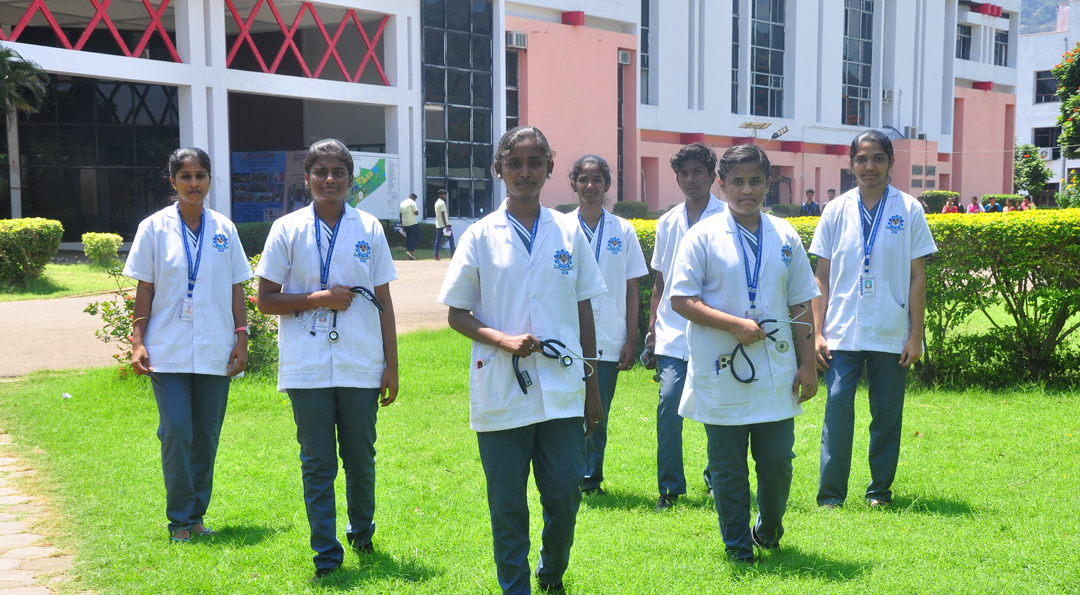
To offer standardized Physiotherapy education and professional practice incorporating
various skills guided by professional ethics that upgrades the capabilities of the
students to facilitate the health and wellness of individuals and communities.
To provide evidence-based physiotherapy care that excel locally and globally in the
field of professional education, quality health care delivery and research.
To inculcate technological advancements in the field of Physiotherapy.


To promote active learning and student-centered pedagogy.
To obtain high levels of skill-based competencies and professional attitude among
students.
To impart dynamic technocracy in curriculum development, evaluation and system
management.
To promote initiatives and efforts which work towards community service and benefit
of our society.
BPT program shall be 4 academic years comprising of 8 semesters, and 6 months of
compulsory rotatory internship .
A pass in the 10+2 (Higher Secondary) examination or any other equivalent
examination from a recognized board or Pre university in India or Abroad, with a minimum
50% aggregate of marks in Physics, Chemistry, Biology and (Botany / Zoology) to be
specified by the Admissions Committee, English as one of the Subject
Physiotherapy practice spans the continuum from health promotion to prevention
to rehabilitation for individuals and populations throughout the lifespan.
Physiotherapy diagnoses movement dysfunctions based on skillful examination and
evaluation regardless of the cause or etiology and provide skilled therapeutic
intervention to foster improvement in physical functioning and maximizing overall
quality of life. Physiotherapists provide the initial access into the health care system
for persons with impairments and functional limitations amenable to physiotherapy
and engage in collegial referral relationships with other health care professionals.
Physiotherapist's role also includes that of case manager, teacher, researcher, and
consultant. The faculty believes the first priority of education is to prepare people
for a well-rounded, balanced life with broad social and cultural interests and as
involved, active citizens of our country.
Physiotherapist must have commitments to lifelong learning and to search for the
evidence that supports and advances practice. Critical thinking, problem solving,
intellectual perseverance and courage are all essential characteristics of the
successful physiotherapist.
Physiotherapists are health care professionals with a significant role in health
promotion and treatment of injury and diseases. They combine their in-depth
knowledge of the body and how it works with specialized hands-on clinical skills to
assess, diagnose and treat symptoms of illness, injury or disability.
All physiotherapists registered to practice are qualified to provide safe and effective
physiotherapy. They have met national entry-level education and practice standards,
and have successfully passed a standardized physiotherapy competence examination.
Physiotherapists plan and administer physiotherapy/ rehabilitation treatments
independently and also being a part of the multidisciplinary team. The minimum
education requirement is often a baccalaureate degree or postgraduate degrees in
Physiotherapy.
Physiotherapy is an essential part of the health and community/welfare services
delivery system. Physiotherapists practice independently of other health care/service
providers and also within multidisciplinary rehabilitation programmes to prevent,
gain, maintain or restore optimal function and quality of life in individuals with loss
and disorders of movement.
Physiotherapists are guided by their own code of ethical principles. Thus, they may be
concerned with any of the following purposes:
Physiotherapists may also contribute to the development of local, national and
international health policies and public health strategies.

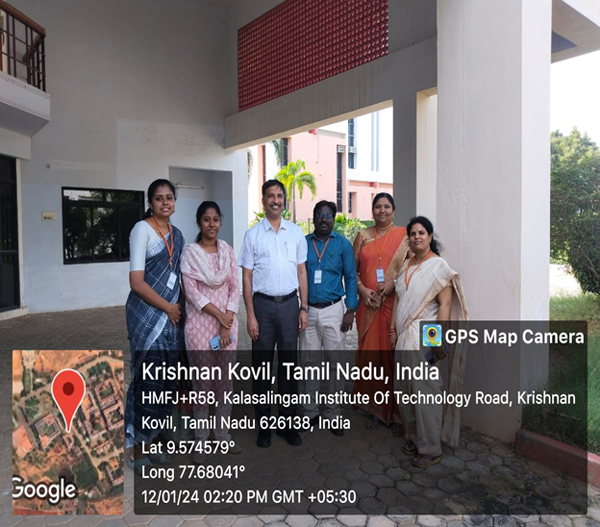
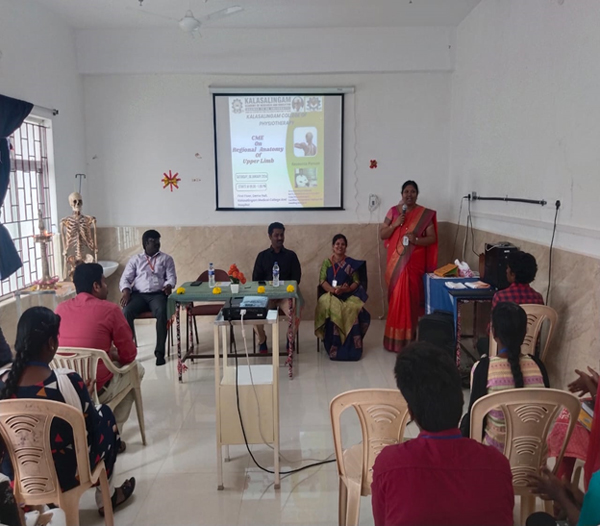

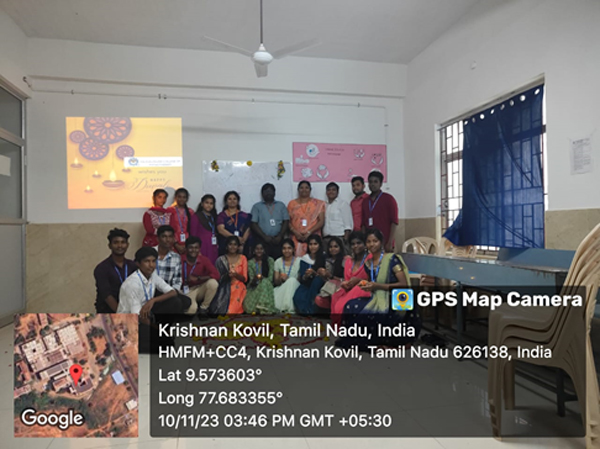
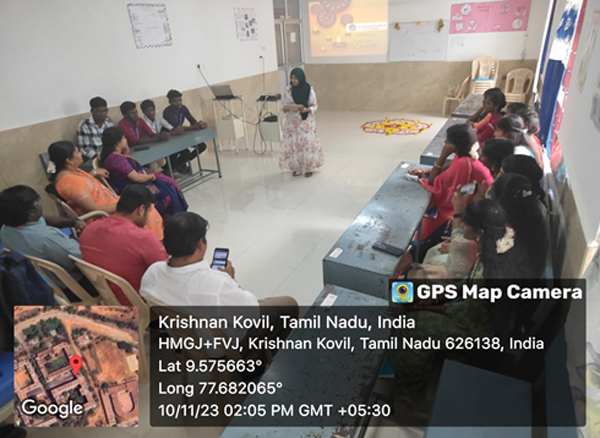
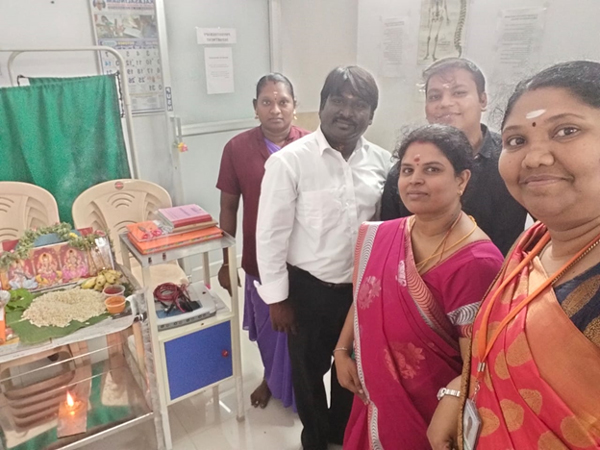
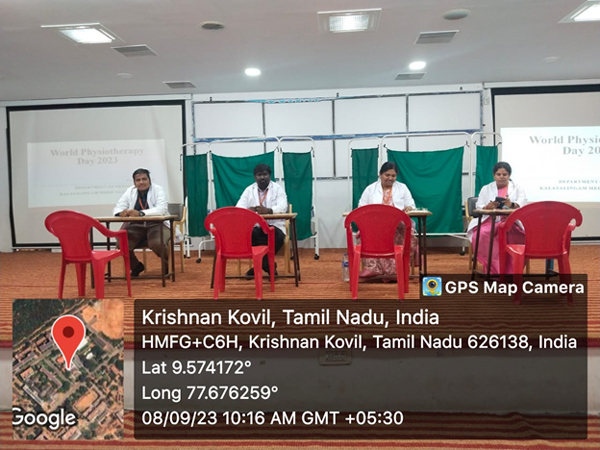
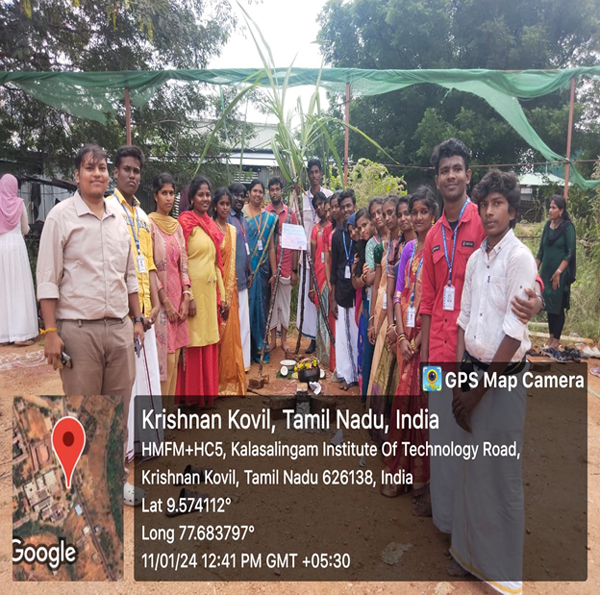
Physiotherapy is delivered in a variety of settings which allow it to achieve its
purpose. Prevention, health promotion, treatment/intervention, habilitation and
rehabilitation take place in multiple settings that may include, but are not confined to,
the following:
| Programme | Annual Fee(INR) | One time Admission Fee (INR) | Miscellaneous Fee (Annual)(INR) | Application Cost (INR) |
|---|---|---|---|---|
| Bachelor of Physiotherapy | 90,000 | 10,000 | 12,000 | 600 |